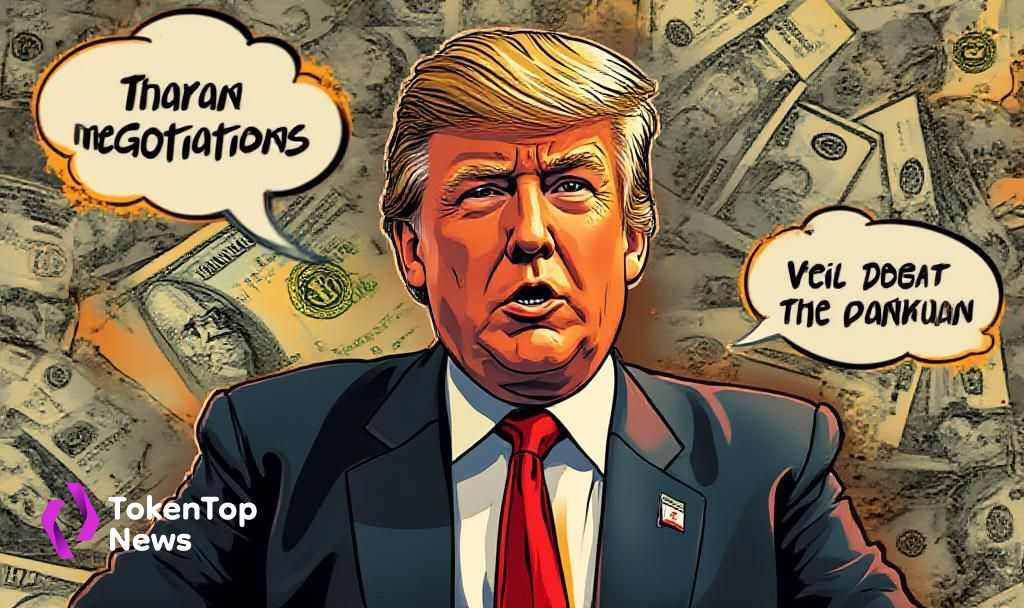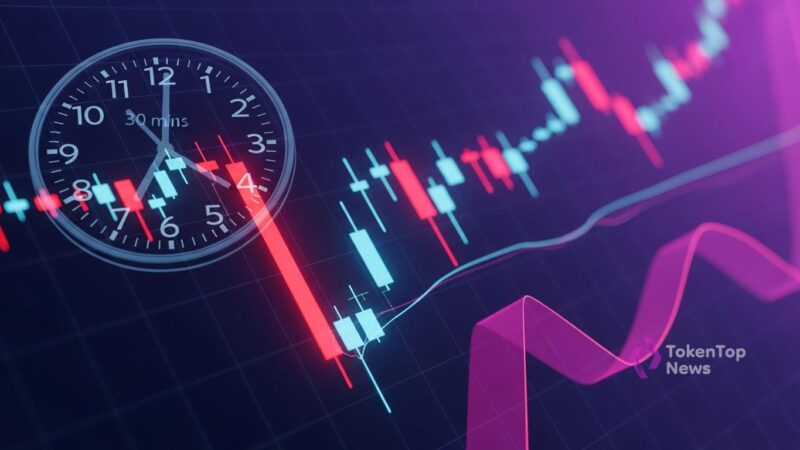Trump Flexible on July 9 Tariff Deadline
- Trump may extend or reduce the tariff deadline.
- Flexibility remains based on ongoing negotiations.
- Markets react with anticipation of potential shifts.

Trump’s announcement holds significance due to its impact on the global market and investor sentiment, with many anticipating potential changes in economic dynamics as the deadline approaches.
President Donald Trump announced the tariff deadline set for July 9 may be adjusted, providing an extension or reduction based on ongoing negotiations. Karoline Leavitt, White House Press Secretary, confirmed flexibility in the deadline, emphasizing it is not critical for immediate action. She said, “The president can simply provide these countries with a deal if they refuse to make us one by the deadline,” revealing a potential strategic shift. President Trump, despite his previous strong trade protectionism stance, indicated that discussions with significant trade partners such as China, the UK, and India could warrant adjustments in the timeline. Ursula von der Leyen, President of the European Commission, personally requested a delay to facilitate further dialogues.
The U.S. equities markets, including the S&P 500, have responded positively, reaching all-time highs as hopes for an extension rise. Meanwhile, investors speculate on potential shifts in global risk appetite contingent upon the final tariff decision, particularly for assets like Bitcoin BTC +0.00% (BTC), which may see volatility.
Anticipated consequences extend beyond financial markets, impacting political and business landscapes across several regions. Trade strategies involving reciprocal duties hold considerable potential to alter international economic relationships, thus influencing investor confidence and capital flow. While the crypto sector remains on alert for macro-driven volatility, no direct regulatory changes specific to crypto arise from the tariff event. Nevertheless, overall market sentiment continues to be watchful of any shifts in trade and economic policy emerging from the White House.
Historical data suggests previous tariff escalations led to heightened volatility, with capital rotations affecting both traditional finance sectors and digital assets. Safe haven assets like Bitcoin often experience flow increases during similar economic uncertainties. Therefore, market watchers remain attentive to any abrupt alterations in macroeconomic policy resulting from the ongoing trade discussions.



